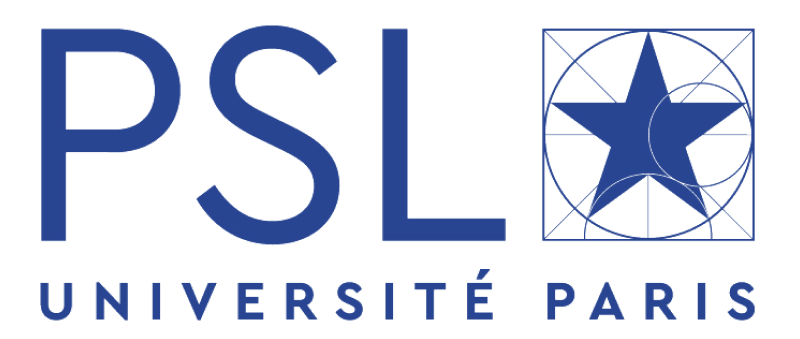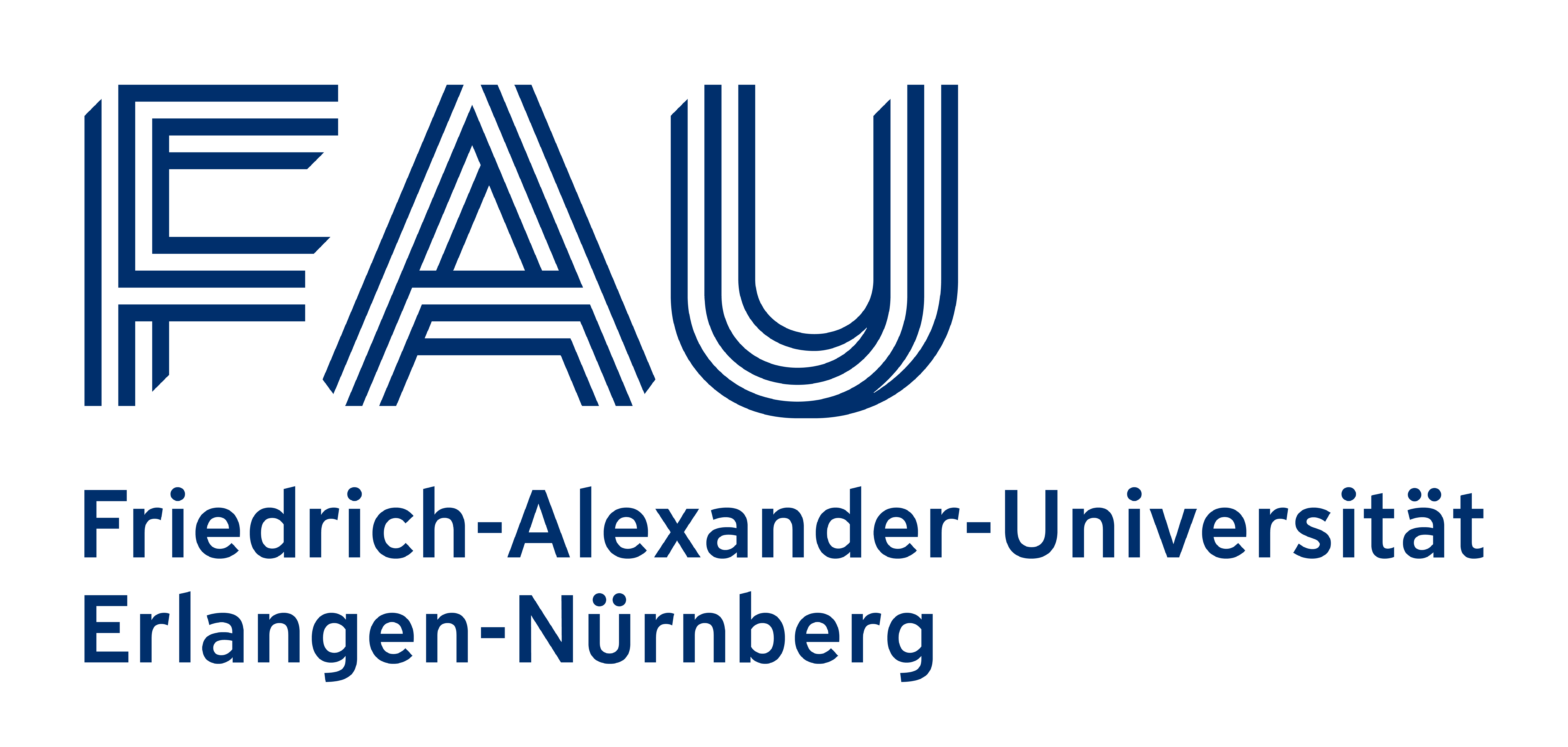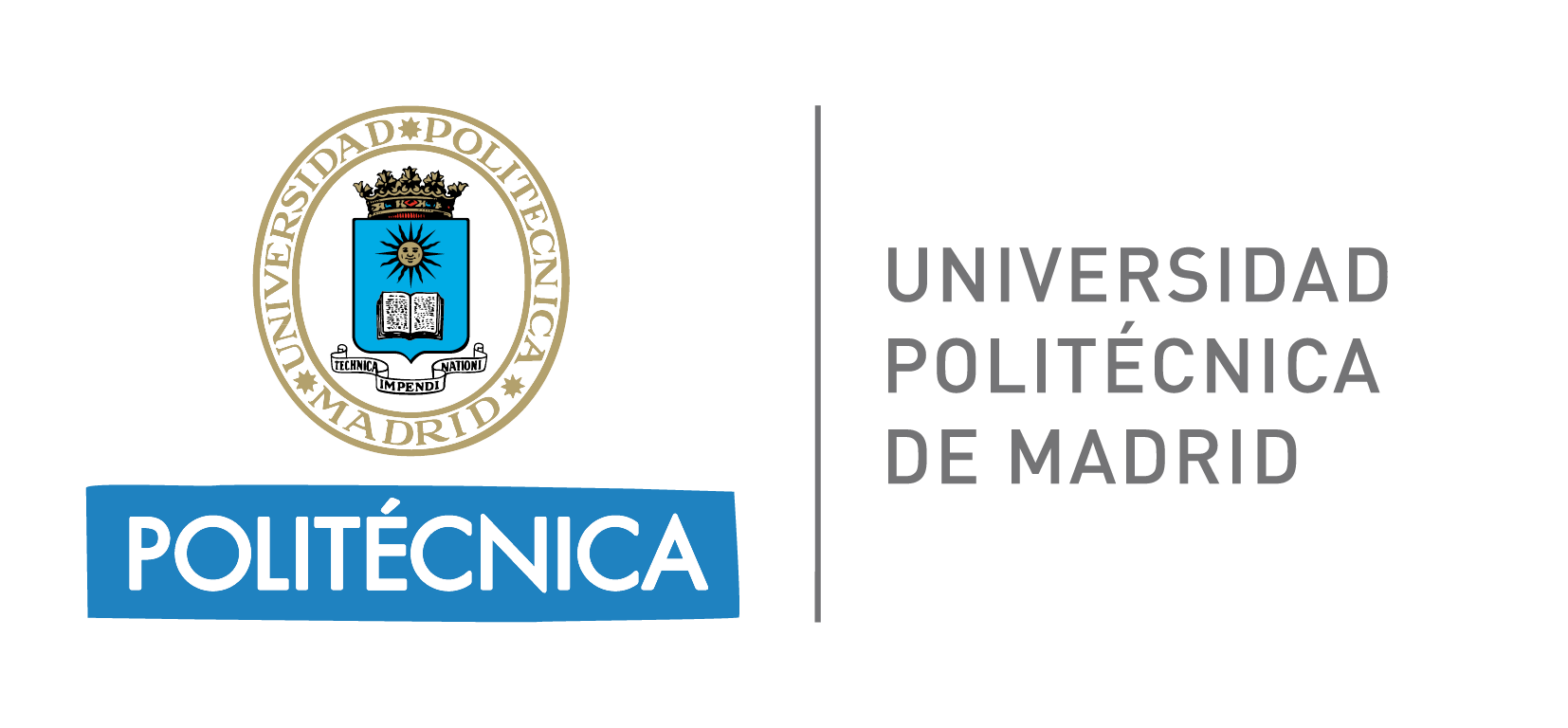MANAGING THE UNKNOWN – DESIGN THEORY AND METHODS FOR INNOVATION
 Main notions:
In the end of the course, participants should have acquired the following capacities:
Main notions:
In the end of the course, participants should have acquired the following capacities:
- On design reasoning: capacity to build a simple C-K; capacity to evaluate a C-K (main notions: C-space, K-space, operators, double expansion)
- On knowledge for generativity: capacity to learn and develop knowledge for generativity (main notions: independent knowledge, splitting knowledge)
- On leadership for defixation: capacity to give relevant input to help team members to overcome their own fixation (main notions: fixations, defixation)
- On economic evaluation in design: capacity to rely on economics criteria for improved exploration (main notions: design of decision, design for genericity, the value of knowledge in design activity)
- On organization of collective design: capacity to rely on and make relevant use of R&D capacities in companies, capacity to organize innovative design processes (main notions: organization principles of rule-based and innovative design, dominant design, KCP processes)
- On design and ecosystems: introduction to “double impact” research and “mission-driven” companies.
Participation requirements
No particular prerequisite unless: - Curiosity for creation and exploration in the unknown - An experience of model building (logical reasoning + empirical confrontation) - An experience of multi-disciplinarity - A taste for logic and rigor, even in the unknown (math background is not indispensable; but mathematical rigor can help for practicing generativity!) How to apply ? CV and cover letter to be sent to relations.internationales@psl.eu
Max. participants: 50
* If you would like to receive ECTS for your home degree program, please clarify credibility of the activity with your local study and degree coordinator beforehand.




